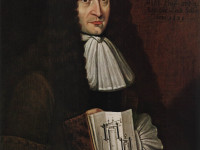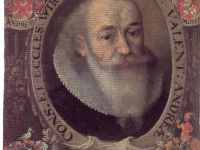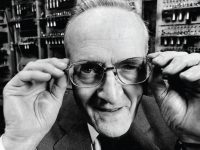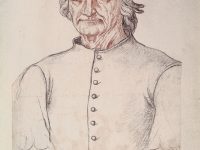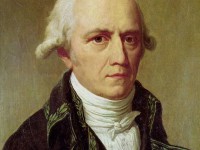Denis Papin and the Pressure Cooker
On August 22, 1647, French physicist, mathematician and inventor Denis Papin was baptized [2]. He is best known for his pioneering invention of the steam digester, the forerunner of the steam engine, and of the pressure cooker. He never built an effective working engine of his own, but his idea was improved by others and led to the development of the steam engine, a major contribution to the Industrial Revolution. “Turning a small…
Read more

